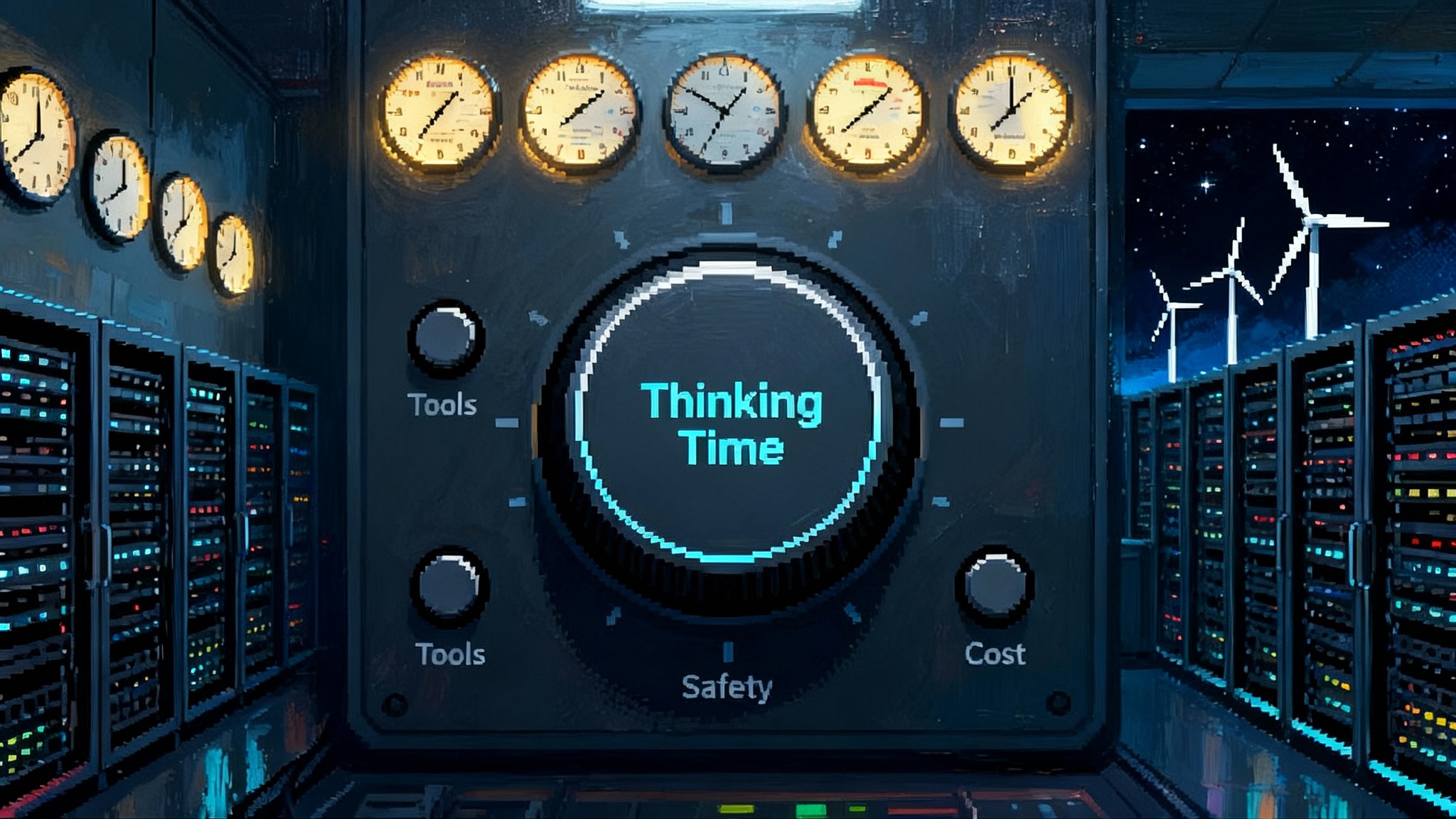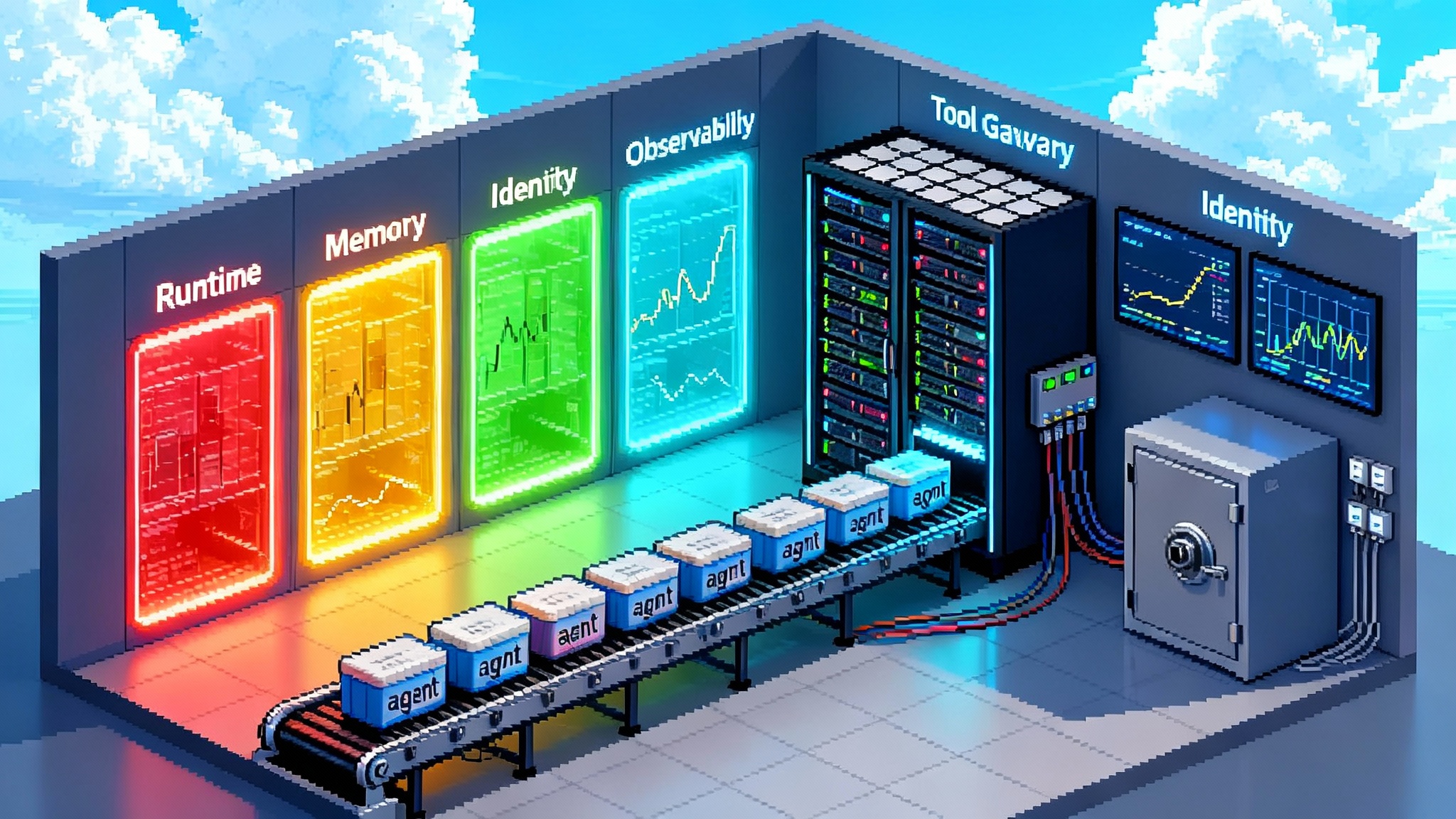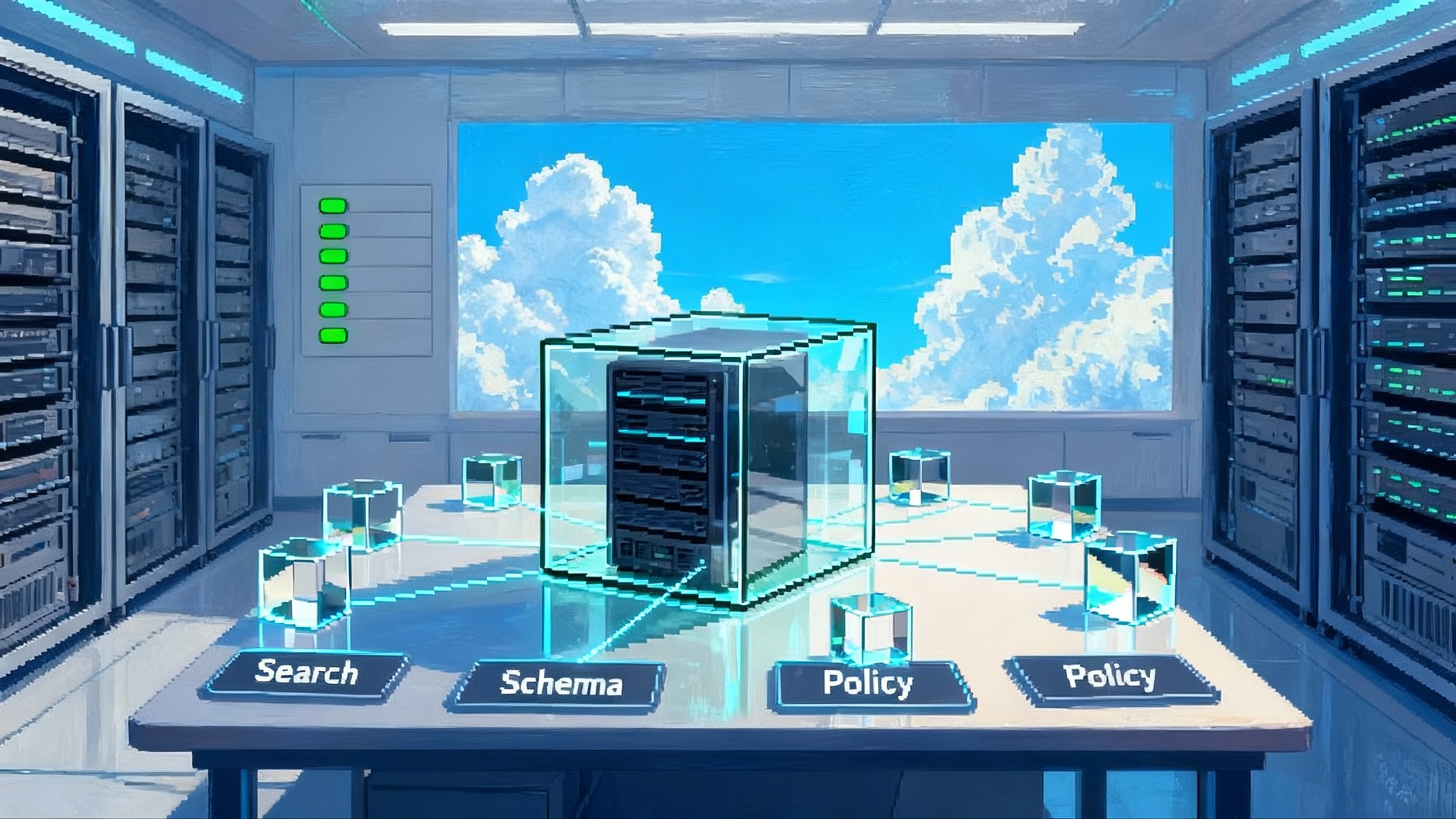Navigating the agentic future.
AgentsDB is a new project dedicated to covering the fast-evolving landscape of AI agents, product launches, ecosystem players, and the trends shaping tomorrow’s intelligent systems. Our mission is to make sense of this transformation and guide you through it with clarity and depth.
What's happening today?
Codi’s AI Office Manager puts workplace operations on autopilot
Codi’s new AI office manager moves from chat to completed work by scheduling vendors, restocking supplies, and reconciling invoices. See how agentic systems cut costs and time, and run a confident 90 day pilot in 2026.
Agentic AI takes BFSI: AutomationEdge’s GFF 2025 launch
Agentic AI just crossed from demo to deployment in financial services. At GFF 2025, AutomationEdge put regulated agents on stage with co-creation for banks and insurers. Here is what matters, what ships first, and how to prove control.
The Reasoning Turn: When Compute Becomes a Product Dial
AI is shifting from static model picks to adjustable thinking time. Learn how the reasoning dial reshapes UX, governance, pricing, and geopolitics, and get concrete playbooks to ship dials and receipts with confidence.
AWS AgentCore turns agent ops into an enterprise runtime
AWS Bedrock AgentCore elevates agent operations into a real platform with a secure runtime, memory, identity, gateway, and observability. Learn how to move from notebook demos to production fleets and what to do first.
NOVA debuts: vertical AI agents rewrite endurance ops
On November 5, 2025, Let’s Do This unveiled NOVA, an action taking AI agent for endurance events. Early pilots with Atlanta Track Club and London Marathon point to faster resolutions, protected revenue, and better runner experiences.
Agent Bricks Turns AI Agents Into a Production Pipeline
Databricks is turning fragile demos into dependable agents. Agent Bricks assembles, evaluates, and packages task focused agents on governed data so teams can choose clear tradeoffs across accuracy, latency, and cost with audit trails in place.
ElevenLabs resets AI music with a licensing first model
ElevenLabs’ Eleven Music launches with licensed training and MFN parity, trading scrape first tactics for opt in catalogs and audit ready payouts. Here is how this model could reshape music, video, and agents.
Visa’s Trusted Agent Protocol Lights Up AI Checkout
Visa’s new Trusted Agent Protocol adds a cryptographically signed handshake that lets merchants recognize and transact with bona fide AI shopping agents. Backed by major processors, it sets up end to end checkout in 2026.
Overnight ERP Upgrades: Inside DualEntry’s Migration Agent
ERP replatforming rarely finishes on time or on budget. DualEntry claims its NextDay Migration agent can compress the riskiest phase into a safe, near overnight cutover, with audits, rollbacks, and trust built in.
Vertex AI Agent Engine unlocks code execution and A2A
Google's Vertex AI Agent Engine just added secure code execution, Agent to Agent messaging, Memory Bank, streaming, and broader runtime pricing. Here is why cloud agent runtimes are arriving and how to ship with them.
Edge First AI: When Device Architecture Becomes Ethics
Assistants are splitting across device and attestable cloud. This edge-first shift rewrites memory, identity, and consent, turning privacy into an execution path. Here is the playbook for builders, buyers, and IT teams.
Adam’s CAD Copilot turns viral 3D into pro-grade design
Adam’s new CAD copilot pairs point and select with conversational constraints so engineers can turn text to 3D into native, editable geometry. It aims to cut iteration time while preserving kernels, data safety, and design intent.
Snowflake Cortex Agents Go GA: Warehouses Become Runtimes
On November 4, 2025, Snowflake made Cortex Agents generally available, shifting the data warehouse from answers to actions. Here is what that unlocks, why it matters, and how to ship real use cases in weeks.
RUNSTACK’s Meta Agent Orchestrates Chat-Built AI Teams
RUNSTACK unveiled a meta agent that coordinates chat-built teams using A2A and the Model Context Protocol, plus a self-learning integration engine called Tooler. Here is how it could change reliability and rollout speed.
Sovereign AI Goes Industrial as Nations Build AI Factories
In 2025, Saudi Arabia, the United Kingdom, and South Korea began treating AI as state infrastructure. AI factories, sovereign models, and compute pacts are turning power, chips, and data into durable national capability.
Tiger Data’s Agentic Postgres unlocks safe instant parallelism
Tiger Data’s Agentic Postgres pairs copy-on-write forks with built-in BM25 and vector search, plus native MCP endpoints. Teams get zero-copy sandboxes, faster retrieval, and safer promotions for production agents.
Receipts Become a Primitive: The AI Signature Layer Arrives
Europe’s new push to label AI-made media and product moves like SynthID and one-click Content Credentials point to a new default: content ships with receipts. Here is why provenance becomes product DNA and how to build for it now.
Browser-native agents surge as Amazon sues Perplexity
Amazon’s lawsuit against Perplexity marks a tipping point for browser-native agents. The fight shifts from chat boxes to carts and checkout, forcing new norms for identity, consent, pacing, and standards on the open web.

















